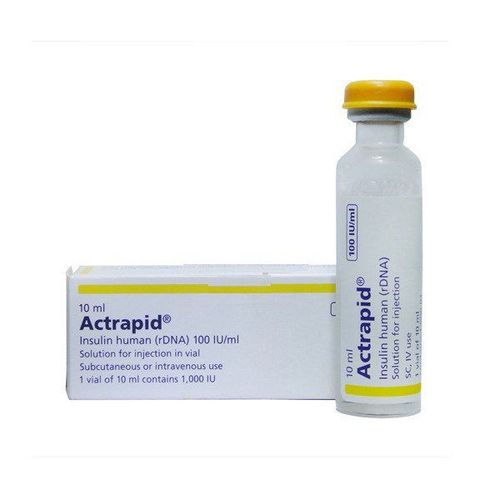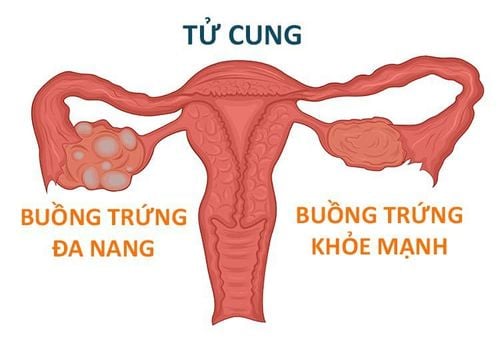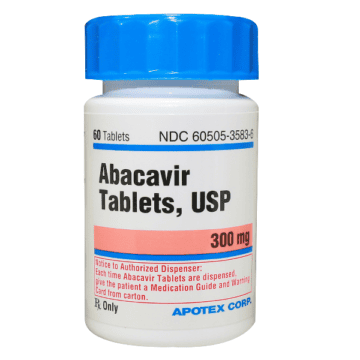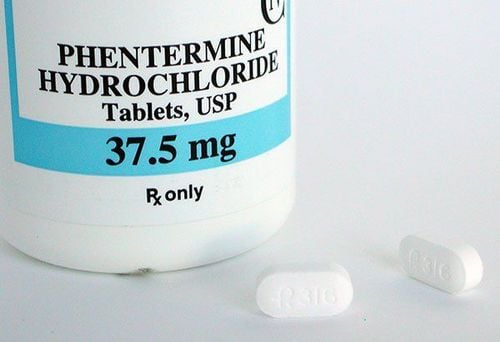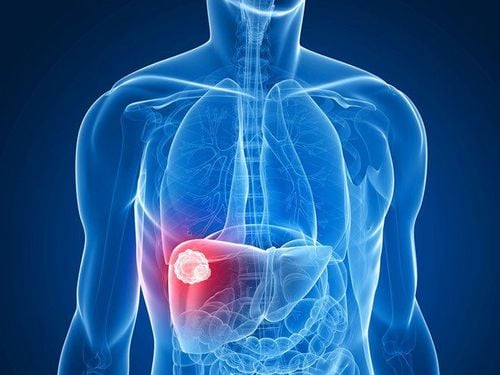This is an automatically translated article.
The article was professionally consulted by Dr. Ngo Dac Thanh Huy - Cardiologist - Department of Medical Examination & Internal Medicine - Vinmec Danang International General Hospital. The doctor has experience and strength in the field of diagnosis and treatment of cardiovascular diseases, echocardiography, coronary angiography and intervention.According to the World Health Organization, about 20%-25% of adults globally have metabolic syndrome. This syndrome increases the number of people with pre-existing diabetes, the most common chronic disease in the world and one of the leading causes of death. The danger of metabolic syndrome is that there is a double risk of death; The risk of myocardial infarction, cerebrovascular accident is 3 times higher than that of the general population.
1. What is metabolic syndrome?
Metabolic syndrome is a group of risk factors that cluster together in the same patient, including:Abdominal obesity; Lipid metabolism syndromes; Hypertension; Glucose intolerance; Precoagulopathy Condition pro-inflammatory state
Trắc nghiệm: Bạn có hiểu đúng về huyết áp cao không?
Huyết áp cao còn được gọi là kẻ giết người thầm lặng vì bệnh thường không có triệu chứng. Thiếu hụt kiến thức về huyết áp cao có thể làm cho tình trạng bệnh trở nên trầm trọng hơn. Dưới đây là những câu hỏi trắc nghiệm vui giúp bạn hiểu đúng về bệnh cao huyết áp.2. Mechanism of metabolic syndrome
Insulin resistance causes metabolic syndrome Many studies show that: metabolic syndrome is caused by the body's resistance to insulin - a hormone secreted by the pancreas that controls blood sugar levels. Normally, digested food turns into glucose and is used by the body as an energy source. Glucose gets into cells through the hormone insulin. If the body has insulin resistance, glucose cannot enter the cells, then the body responds by producing more insulin, causing insulin levels to rise in the blood. When insulin levels in the blood increase, blood triglycerides and other fats increase. Those factors affect the kidneys and cause blood pressure to rise, patients are at risk of cardiovascular disease, stroke, diabetes...Experts also said that there are factors that increase the risk. the disease is: age, at the age of 20, the incidence rate is less than 10%; this rate increases to 40% at the age of 60; race: people in Asian countries have a higher risk of metabolic syndrome than other races; obese people have diabetes, hypertension, polycystic ovary...
3. Metabolic Syndrome - Potential Danger
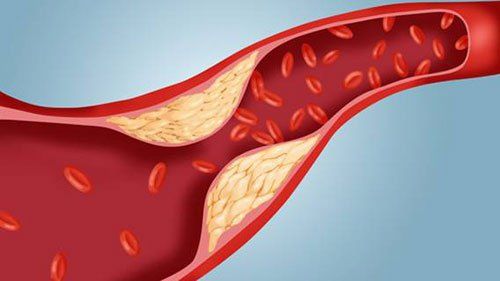
Metabolic syndrome is concerned and prevented due to the level of health effects, the danger caused by disability for patients is getting higher and worse. Especially, the cost of disease treatment and treatment of events caused by it is a burden for patients, families and society.
Nutritionists, endocrinologists say that recently, chronic non-communicable diseases and metabolic syndrome have increased rapidly in the community. This syndrome is a condition in which the body has many risk factors at the same time, such as diabetes, cardiovascular disease, erectile dysfunction, stroke, high blood pressure...
Diseases that cause atherosclerosis Cardiovascular disorders Metabolic disorders promote the formation and growth of atherosclerotic plaques in the arteries, increasing the risk of cardiovascular disease, cerebrovascular accident and death.
The disease causes atherosclerosis in large and small blood vessels, in which the common areas of atherosclerosis are: aortic arch, coronary artery; extracranial great arteries such as the root of the internal carotid artery, the vertebral artery, the subclavian artery; major intracranial arteries include: distal internal carotid artery, vertebral artery; proximal middle cerebral artery, middle basilar artery, and disseminated atherosclerosis. Aneurysm complications are common in basilar artery, internal carotid artery and small artery disease.
Combined lesions in metabolic syndrome Metabolic syndrome can cause co-morbidities such as: obesity increases insulin resistance; type 2 diabetes and hypertension, because diabetes and hypertension are both risk factors for coronary artery disease and atherosclerotic lesions.
Many studies show that: insulin resistance/hyperinsulinemia is associated with the occurrence of cardiovascular disease risk factors, such as hypertriglyceridemia, decreased HDL-c, increased blood pressure, abdominal obesity...
4. Measures to prevent metabolic syndrome

Reasonable and scientific diet: You need to eat enough foods including 4 groups of substances: protein (meat, fish, eggs, milk...); powdered sugar (rice, porridge, pho, vermicelli, bread, cakes...); fat: fat in fish, shellfish, seafood, vegetable oil); vitamins and minerals: vegetables, tubers, fruits of all kinds. Avoid or limit alcohol consumption. Active treatment of diseases: diabetes, hypertension, dyslipidemia. Exercise regularly for 30-45 minutes a day with moderate intensity. Walking or jogging is one of the suitable options. Eliminate factors that cause atherosclerosis such as: avoid obesity; quit smoking, pipe tobacco; avoid any stress; prevention of infectious diseases..
Please dial HOTLINE for more information or register for an appointment HERE. Download MyVinmec app to make appointments faster and to manage your bookings easily.
Article referenced source: Vietnam Society of Cardiology




